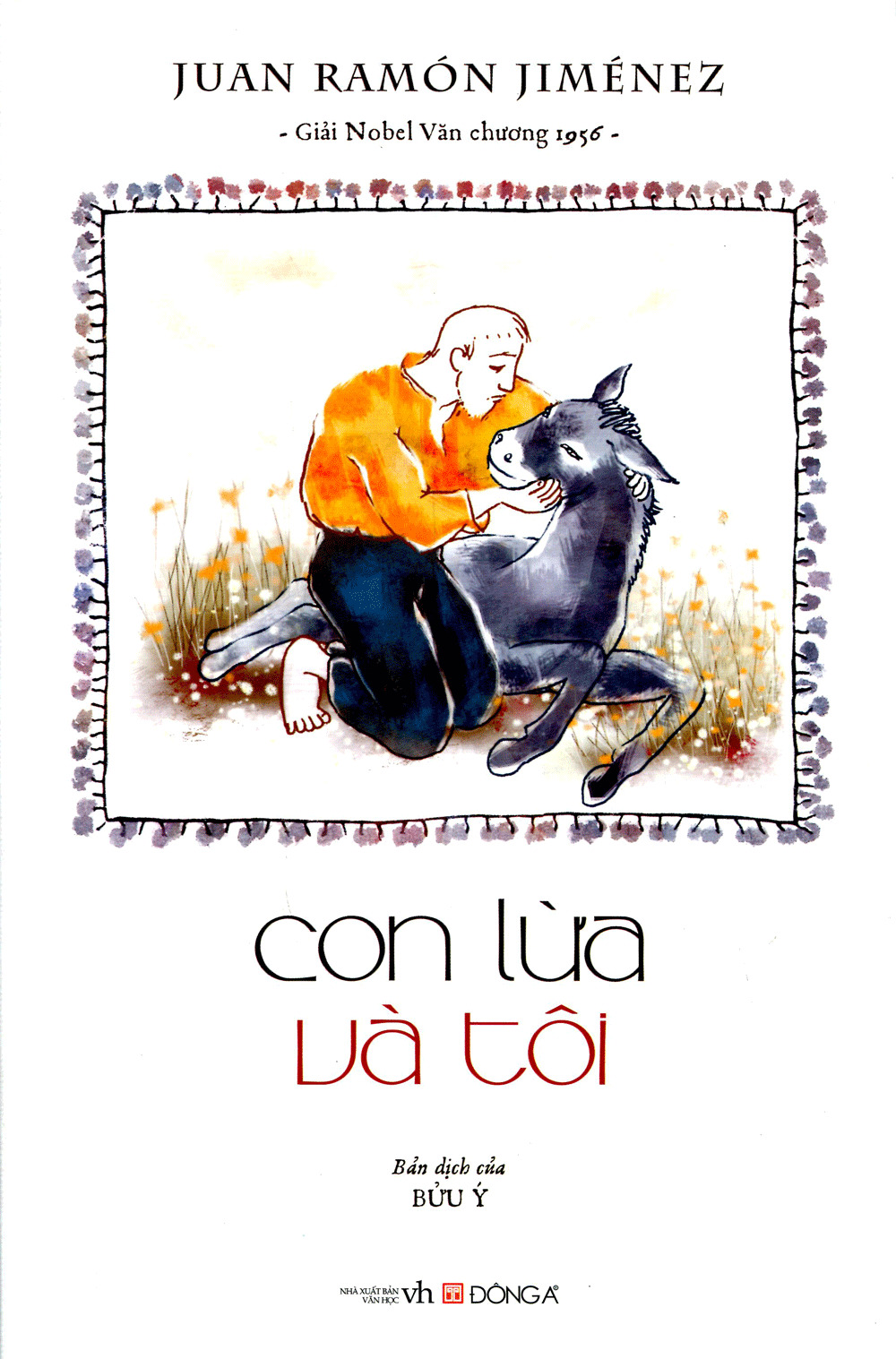What do you think?
Rate this book


228 pages, Paperback
First published January 1, 1914
وقتی که از کوچه میبردندش تا خلاصش کنند، برگشت و چنان نگاهی به من کرد که هنوز هم که هنوز است قلبم را آتش میزند پلاترو. مثل همان وقتی که ستارهای میمیرد و نور آن که همیشه زنده است انگار حسرت نبودنش باشد که متعالی میشود تا آن نیستی را دور بزند. هر وقت چیزی به قلبم نیش میزند، آن نگاه جلوی چشمم میآید که او مثل ردی از نبودنش باقی گذاشته و هیچوقت از بین نخواهد رفت، ردی که به درازی راهی است که از زندگی تا ابدیت میرود. برداشت آزاد از کتاب
دشت را میبینی پلاترو که سراسر از برگهای خشک پوشیده شده است؟ یکشنبهی آینده که به اینجا برمیگردیم، یک دانه از این برگها را نخواهی دید. من نمیدانم اینها کجا میمیرند؛ باید کار پرندهها باشد. آنها بودند که در دوران عاشقی خود در بهار، راز مرگ زیبا و پنهانشان را به این برگها هم گفتهاند، مرگی که ما از آن محرومیم
"Don't you like fire, Platero? I don't think that the body of any nude woman can be compared with fire. What flowing hair, what arms, what legs could stand comparison with these fiery nudities? Nature has perhaps no better offering than fire."I really liked this book. Easy read. Like reading short poems. Full of symbolisms. Reminds me of my childhood in our small provincial town. Reminds me of the things I used to enjoy there. When life was a lot simpler. When there are christmas carols playing during early December mornings. This book, Platero and I almost rivals my favorite book in the genre, Antoine de Saint-Exupery's The Little Prince.

"Darbón, o médico de Platero, é grande como o boi malhado, vermelho como uma melancia. Pesa onze arrobas. Tem, segundo diz, sessenta anos.
Quando fala, faltam-lhe notas, como aos pianos velhos; outras vezes, em vez de palavras, sai-lhe um escape de ar. E estas fífias levam um acompanhamento de inclinações de cabeça, de palmadas ponderativas, de vacilações chochas, de queixumes de garganta e cuspidelas no lenço, que não há mais que pedir. Um agradável concerto para antes da ceia.
Já não tem um só dente e quase não come senão miolo de pão, que amassa entre os dedos. Faz uma bola e leva-a à boca. Aí a conserva, revolvendo-a uma hora. Depois, outra bola, e outra. Masca com as gengivas, e a barba chega-lhe ao nariz aquilino.
Digo que é grande como o boi malhado. Na porta da oficina do ferreiro, tapa a casa. Mas enternece-se, como uma criança, com Platero. E se vê uma flor ou um passarinho, ri-se subitamente, abrindo a boca, com uma enorme gargalhada reprimida, que acaba em choro. Depois, já sereno, olha para o lado de cemitério velho:
— Minha filha, minha pobre filha..."
